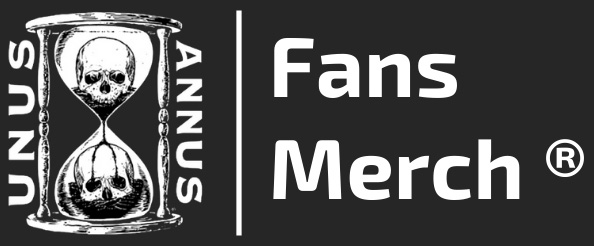When we think about possession, our minds often drift towards personal belongings—shoes, electronics, houses, and cars. However, the controversy arises when we delve into the ethics of possessing rights or control over other people. The concept of owning someone’s rights, whether through slavery, exploitation, or even in marketing, has raised an ethical dilemma that remains relevant in today’s society. As we further explore the discussions surrounding possession, we will also reference the increasingly popular concept of “Possession store,” a metaphor for society’s view on ownership and rights.
Understanding Possession
Possession is traditionally defined as the control or ownership over physical items or intangible rights. A closer examination reveals that this understanding can verge on arrogance, especially when it involves the rights of others. The ability to possess something often implies not just ownership, but a level of authority or power that can lead to significant ethical violations. Historically, possession of people was justified through various means, from cultural norms to economic benefits—an idea that continues to have implications in our modern-day social frameworks.
The Moral Dilemma
Consider the concept of the “Possession Store,” where individuals metaphorically trade the rights of others as if they were commodities. This raises ethical questions: Is it ever morally permissible to own another’s rights? Many argue that any form of possession that strips individuals of their autonomy is inherently unjust. From child labor practices to systemic racism, the exploitation of one group for the benefit of another reveals a tangled web of moral failings that should prompt serious reflection. Consequently, the ethics of possession becomes a fundamental concern within discussions of human rights and social justice.
Possession and Economic Models
In the contemporary world, possession also influences economic models and consumer behavior. The idea of the “Possession Store” reflects a commodification of human rights, where individuals may inadvertently trade their ethics for material gain. Companies that exploit workers in impoverished regions present a real-life example of how possession can be abused to maximize profits. Moreover, the rise of technologies and social media adds another layer to this conversation; personal data is often “owned” by companies, leading to debates about privacy rights and the ethical implications of data possession. Ultimately, the question remains: when does the pursuit of possession outweigh the moral obligation to respect the individual’s rights?
Rethinking Possession
As we analyze the ethics of possession, it is crucial to reassess our values around ownership and rights. Is it reasonable to justify possession based solely on consent or economic benefits? The challenge lies in ensuring that any form of possession respects the dignity and autonomy of all individuals involved. Societal attitudes must evolve to view possession not through a lens of dominion but rather one of stewardship and responsibility. By reimagining how we perceive ownership, we can strive towards a more equitable approach to rights, one that recognizes humanity over material gain.
Conclusion
The question of whether possession is ever justified opens up a broader discourse on ethics, rights, and human dignity. The concept of the “Possession Store” serves as a poignant metaphor for examining how society views ownership—especially when it involves the rights of others. As we navigate these complex moral waters, it ultimately falls on each individual to evaluate their stance on possession, understanding that ethics must guide our interactions not just with possessions, but with people. In doing so, we can hope to foster a world in which rights are honored and possession is understood not just as ownership, but as a shared responsibility.

